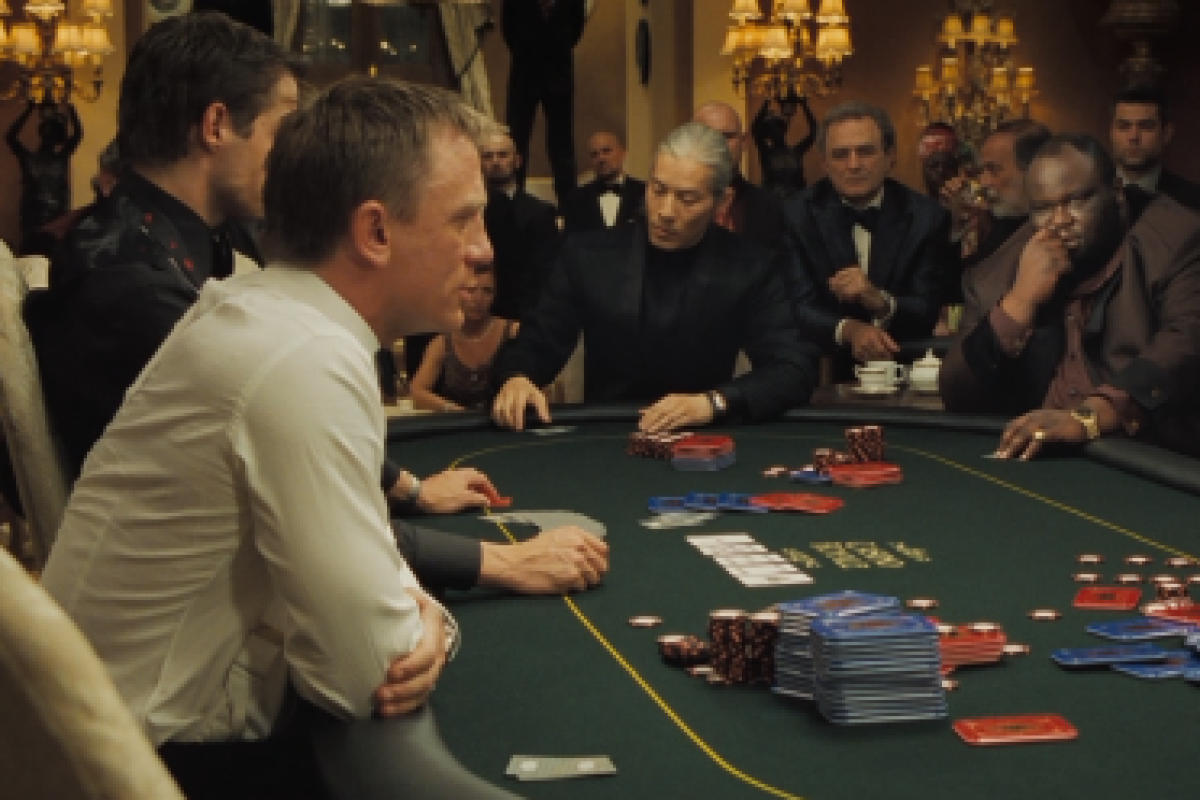Behavioural scientists have been delving into the critical question of what makes us more - or less - honest in recent years. Why? Not only because most of us would like to be honest people. But also because companies, governments, charities and many other institutions lose substantial amounts of money each year due, not to the big fraudsters, but to most people cheating a little bit… Scientists such as Dan Ariely and Francesca Gino have found that we cheat only as much as we can rationalise it in such a way that we are still able to look in the mirror and feel we are honest, moral people. So techniques and strategies to minimise cheating are valuable.
An oft-quoted technique is that signing your name at the start of an important form rather than at the end can make us more likely to be honest in what we disclose.
Now, new research by Nina Mazar and Scott Hawkins has looked at how the provision of default answers in forms - the response automatically provided if you take no action - might be influencing how honest people are and affect their tendency to cheat for monetary gain.
They gave participants in their study a simple computer-based task for which they were paid. However, they were paid more when they gave a particular answer, regardless of whether it was true, creating a conflict between answering honestly and earning more money.
They found:
- People cheated most when they could passively accept the default answer that was actually incorrect - i.e. they omitted to correct the default answer, and instead took no action and went with the flow...
- People cheated less when they had to override the correct, default answer to give an untruthful answer - i.e. they tended to accept the existing truthful answer. It’s psychologically hard to take action and change what we know to be the truth in order to tell a lie.
In other words, we are more likely to cheat when it requires no physical or mental effort on our part; taking action tends to signal malicious intentions more strongly than inaction. It may not feel like cheating if we haven’t taken any definite action to cheat. We can always rationalise with ourselves that we were just being a bit lazy or that we ‘didn’t see’ that question or statement or misunderstood it...
Although these findings need to be tested in a real-world context before drawing firm conclusions, they have significant practical implications for the design of forms - both online and offline - for any domain that relies particularly on self-reports e.g. submitting insurance claims or policy applications, claiming business expenses, reporting billable hours or completing a tax return.
For example, forms that require an applicant to write “nil” in key fields rather than leave a blank response (i.e. the default) may increase compliance and honesty. Further, as our activities move more and more online, it may also become increasingly difficult to ‘skip’ a section and leave it blank as online forms often require all sections to have been completed.
Mazar and Hawkins suggest a step further. If forms can be accurately pre-populated with personal information they may reduce dishonesty. People may be less likely to change their correct information for false information since it would require physical and psychological effort to change it.
People often assume that big, costly problems require big, expensive solutions. Yet it may be simple initiatives like changing the way we complete a form that may have significant impacts on the bottom line for companies and organisations. Right or wrong, it’s human nature to cheat just a little. Intelligent design, like the ideas here, can help reduce the errors or cheating that occur naturally and maybe even subconsciously.
*Source: Mazar, N. & Hawkins, S. “Choice architecture in conflicts of interest: Defaults as physical and psychological barriers to (dis)honesty” Journal of Experimental Social Psychology, Volume 59, July 2015, Pages 113–117
